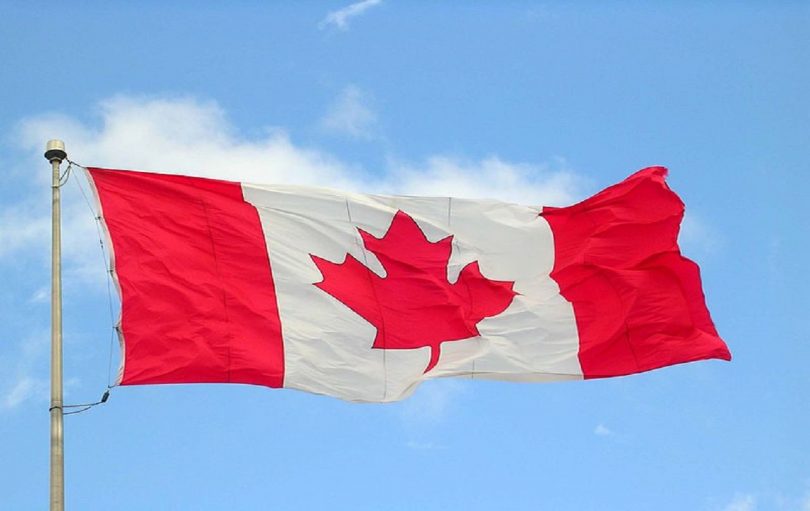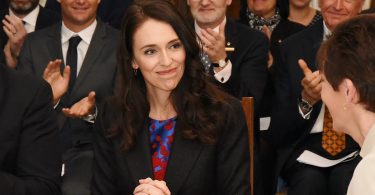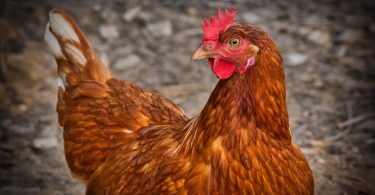As the polls in the Atlantic provinces of Canada closed after elections Monday, the 32 constituencies in New Brunswick, Nova Scotia, Prince Edward Island and Newfoundland and Labrador began to turn red in data polling.
The Liberal Party, led by Justin Trudeau, would win all of those seats. As polls closed in later time zones, it would be clear that his Party would have a majority in the House of Commons, and that Trudeau would become the country’s next Prime Minister, succeeding Stephen Harper and the Conservatives.
Voting against Harper
In the beginning however, it didn’t appear that way. The Liberal Party began the campaigns in third place, behind the Conservatives and the New Democratic Party. In Atlantic Canada however, voters were not interested in seeing Stephen Harper be re-elected for a fourth term. Harper and the Party had referred to the region as lazy and voters had taken a different view on resource development.
As a result, strategic voting took place.
“The vote wasn’t much for Trudeau, but against Harper,” said Howard Ramos, professor at Dalhousie University in Nova Scotia’s capital, Halifax, in a telephone interview, adding that voters who would usually vote for the NDP voted for the Liberals. “Voters in Atlantic Canada were concerned about change.”
The call for change was something wanted not just in Atlantic Canada, but beyond, in Ontario and Quebec, through the Prairie region and into British Columbia. Alexandria Mitchell, a voter and political observer in Vancouver, BC, in a telephone interview, said the performance of the Liberals had been nothing like what was seen on Election Day.
“People were not expecting a majority, especially a strong majority,” Mitchell said.
Mitchell added though the idea of change was present.
“This wasn’t about the economy or budgets and deficits,” Mitchell said. “It didn’t play in the narrative. It came down to Canadians wanting a change, and the type of Canada people wanted to see and the style of government people were looking for.”
Waiting for what’s next
As the transition begins to a new government, one of the issues at debate internationally is the view of relations between Canada and the United States. Relations between both nations were at a low point in light of concerns raised by the US on the development of the Keystone XL pipeline, an oil pipeline reaching from the province of Alberta to the Gulf Coast of the US. Both Trudeau and his predecessor are in favour of the pipeline.
A spokesperson for the Liberal Party did not respond to a telephone message seeking comment, but improving relations with the US would be a priority, according to a report from The Wall Street Journal. The US is Canada’s largest trading partner. Officials in Washington have not commented on Trudeau’s election.
Ramos says maintaining that relationship will be essential, even as the US prepares for elections, due next year.
“What happens in the US really effect Canadians,” Ramos said.
There are also expectations of Canada when it comes to its performance on international soil, particularly on environmental issues. Ramos says Trudeau’s election is a move significant for the country’s future.
“This is a new page for Canada,” Ramos said. “Canada’s stature has been at odds with the US and other countries. This is a shift back to more centre politics than the last ten years.”
Prime Minister David Cameron, in a message through the Downing Street Twitter feed, said he congratulated Trudeau and looked forward to working with him. Cameron said Canada was an important ally to the UK.
PM: I congratulate @JustinTrudeau on his election success. #Canada an important ally. Look forward to continued close cooperation
— UK Prime Minister (@Number10gov) October 20, 2015
Indeed, beyond those goals there are expectations of the restoring of debate and consideration of legislation, instead of ramming through legislation that was common during Harper’s premiership, according to Mitchell. Yet, whether all of the goals that Trudeau outlined, for Canada’s domestic interests and abroad, can be completed, is uncertain.
“Things would be difficult to accomplish,” Mitchell said. “They’ve been given a mandate and try to do the things they promised. It won’t be easy.”
Even though the waiting continues, Canadians are optimistic, for the narrative of change that they wanted, was achieved. As Trudeau begins this next step of his political career, the eyes of the world are on him to see where he takes Canada next, after nine years of Conservative rule.
What do you think? What is Canada’s future going to look like under Justin Trudeau’s premiership? Have your say in the comments section below.









